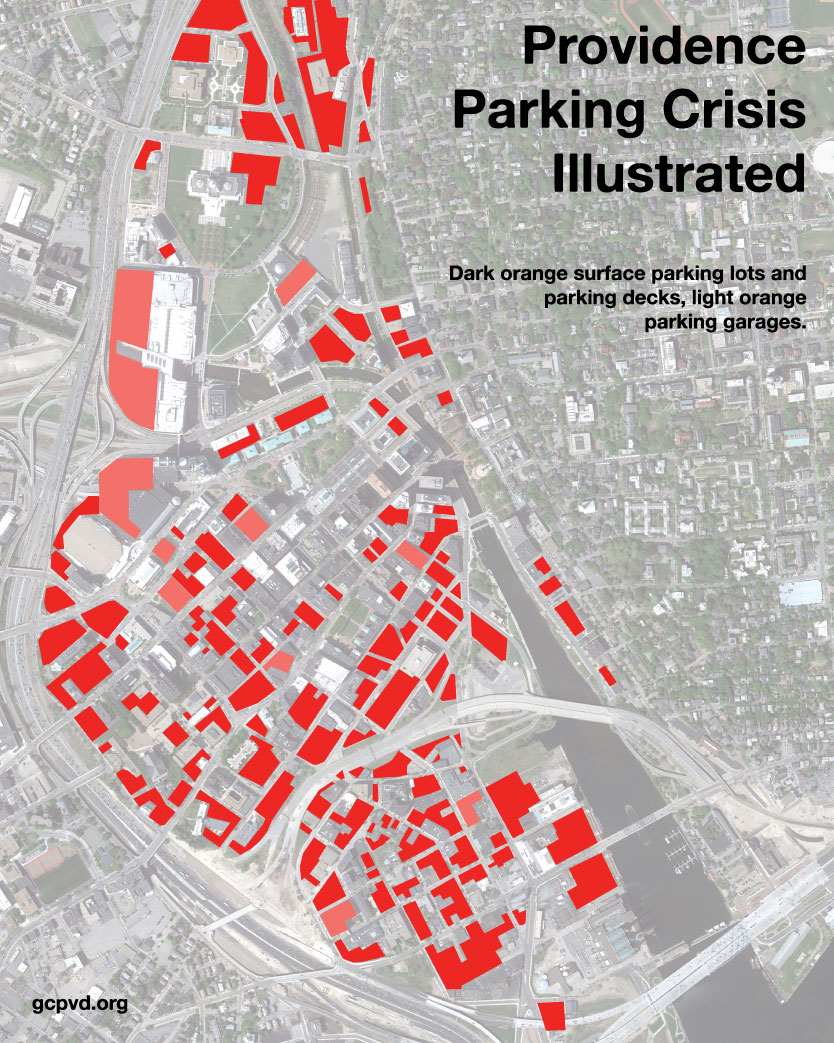Also discussed here: What’s the Best Way to Tax Parking? (Angie Schmitt, StreetsBlog, Jul. 25, 2014)
And here: Parking Taxes - Evaluating Options and Impacts (21 page pdf, Todd Litman, Victoria Transport Policy Institute, Aug. 29, 2013)
Today we review a blog post that discusses the equity or fairness in how parking spaces and lots are taxed, noting that many parking lots next to stores offer “free’ parking and these are taxed at a lower rate. A better approach from a fairness and environmentally wise point of view is to tax all spaces at the same rate. Parking rates are key to lowering congestion as well as discouraging casual use of roads by cars in the downtown- and as we see in San Francisco (SfPark), applying varying parking rates according to demand goes even farther.

Key Quotes:
“it's politically easiest to tax parking on dedicated lots, rather than to do a "per space" tax on all parking, but this way of taxing parking has problems”
“the lot parking attached to businesses is free to customers and employees. Of course, it's not actually free. It costs money which is passed into lost wages or higher prices. But to the worker or consumer, it appears free.”
“When the price of commercial parking, i.e., the lots downtown that charge per hour, becomes more expensive without putting an equal burden on these other parking lots, it gives a stronger incentive for businesses to include free parking into their design as a benefit to customers or workers. This is not what we want.”
“Providence's smallest (by area) businesses produce the most revenue for the city per acre, while those that appear to be the anchor businesses often produce much lower revenue per acre.”
“when we set a parking tax, it should be per parking spot. This is a fair tax, because businesses are free to choose whether the cost of parking is worth it to them in a market, or if they'd like to trade some of that cost away for greater infill development”
"A parking tax is fair in a market sense because it puts a value on things that are actually consumed by drivers…it allows funds that are currently being used to prop up car ownership to be repurposed--either through an expanded market for housing, lower prices on rents; or even in expanded services, such as better spending on schools. It makes sense in an environmental sense because it helps us to achieve green goals”



No comments:
Post a Comment